CBB Professional Development Workshop
Interviewing for the non-academic job market and a panel discussion with industry experts

Are you asking yourself:
- how do I tailor my resume for a company, compared with my academic CV?
- how have others transitioned from academia to industry? why did they make that decision?
- how can I prepare for an industry career while I’m still in graduate school or in postdoctoral training?
Come join the Center for Bright Beams, Careers Beyond Academia and several professionals to find out answers to these questions and to ask lots more!
Hosted by the Center for Bright Beams, a National Science Foundation Science and Technology Center with special thanks to the talents of Joan Curtiss, Managing Director. To join the Zoom meeting, use
Meeting ID: 994 8773 1021
Passcode: 567623
July 22, 4:00-5:30 PM ET
Susi Varvayanis will start the event with a short presentation and interactive skill building session for participants. She currently serves the Cornell University Graduate School as Executive Director, Careers Beyond Academia.
Speakers Bogdan Neculaes from GE Research, Colin Jermain PhD’17 from Vectra AI, Nikolay Zhelev PhD’16’ from Corning and Rachel Dorin PhD’13 from TeraPore Technologies will then take the online ‘stage’ to share their personal trajectories from academic doctoral research to the positions they currently hold.
William Li will serve as panel moderator. William is a Graduate Student in the Maxson lab at Cornell University in the Department of Physics.
About the speakers:
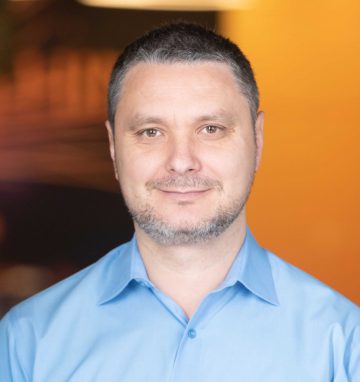
BOGDAN NECULAES received B.S. and M.S. degrees in physics from ‘‘Al. I. Cuza University’’ (Iasi, Romania), and M.S. and PhD degrees in nuclear engineering and radiological sciences from the University of Michigan. Dr. Neculaes’ research at University of Michigan focused on magnetron/crossed field device physics towards innovative concepts including magnetic priming, cathode priming, and multiple-cathode based magnetrons.
Currently, Dr. Neculaes is a principal scientist GE Research (GER) in Niskayuna, NY – the research and development arm of General Electric. For the last several years Dr. Neculaes has been leading several research portfolios: X-ray generation, interventional radiology, cyclotron/PET accelerator physics, electron beam additive machine technology and bioelectrics. He coordinated one of the largest X-ray source programs at GER in the recent decades that delivered the first in the world distributed X-ray source for inverse geometry computed tomography. He also directed the first successful X-ray source demonstrations with carbon nanotube cold electron emitters at GER, a significant breakthrough for GE, after more than 100 years of using thermionic electron emitters in X-ray sources. Dr. Neculaes has initiated and chaired the bioelectromagnetics initiative at GER, a multidisciplinary research platform focused on creating novel electromagnetic means for manipulation of biological samples. His teams demonstrated new means for cell permeabilization using infrared lasers to enable exogenous molecule delivery, novel gene delivery methods in vitro using magnetic nanoparticles and magnetic fields, and innovative ex-vivo platelet activation techniques with pulse electric fields for autologous wound healing applications in clinical workflows. Dr. Neculaes’ research team has delivered key enabling technologies for the best in the world electron beam additive machines, that disrupt current manufacturing protocols in aerospace and medical implant industries.
Earlier this year, Dr. Neculaes took over the role of Quantum Platform Leader at GRC. The Quantum Platform has several research thrusts: quantum computing; quantum networking & quantum internet; quantum sensing.
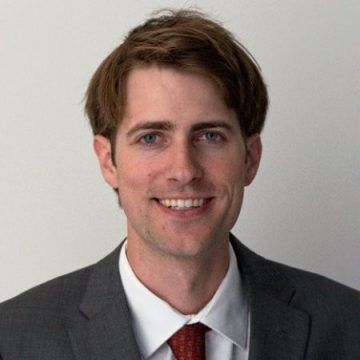
COLIN JERMAIN PhD’17 is a Data Science Team Lead at Vectra AI in Boston, managing a team of Data Scientists to build advanced algorithms and machine learning models for cyberattack detection. Colin is an avid open-source developer, and has been an active Python developer for over 14 years. He holds a PhD in physics from Cornell University, where he studied the physics of next-generation computer memory with Daniel Ralph PhD’93.
Vectra AI is a growing company in the Bay Area focused on cybersecurity. Vectra detects and responds to threats in cloud and data center workloads as well as user and IoT devices. Colin was awarded the IBM Fellowship during his PhD. During his doctorate Colin served as President of Technology Entrepreneurship @ Cornell, managing a team of 5 officers to host over 15 entrepreneurship events for students, enabling new team formation, connecting students with alumni, and introducing business skills. Colin earned a Bachelor’s degree from the University of Massachusetts, Amherst, also in physics, with a minor in computer science.
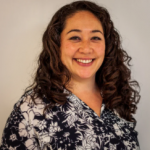
RACHEL DORIN PhD’13 is TeraPore’s CEO and company co-founder. TeraPore develops and commercializes cutting-edge membrane technologies for resolution nanofiltration, bioprocessing, and other applications. She is co-inventor of TeraPore’s core technology and received her PhD from Cornell University’s Department of Materials Science and Engineering, working in the lab of Uli Wiesner. Her research at Cornell focused on the application of self-assembling materials to separations applications. She received a minor in business from Cornell’s Johnson Graduate School of Management and led the Technology Entrepreneurship @ Cornell organization. Dr. Dorin was the recipient of Cornell’s McMullen Fellowship as well as a National Science Foundation Graduate Research Fellowship.
Dr. Dorin received B.S. degrees in chemistry and biology from the University of New Mexico (UNM). She worked at Sandia National Labs Advanced Materials Labs on nanostructured metals for energy applications for several years. She also performed research on gene expression in fluorescing microbes in UNM’s biology department.
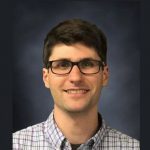
NICOLAY ZHELEV PhD’16 is a senior research scientist at Corning Inc. In his work as a thin films researcher he supports projects ranging from early stage proof of concept fabrication of microelectronic devices, to investigating customer issues and providing solutions. He develops processes and directs technicians in thin film deposition, lithography, etching and characterization/testing.
His subject matter expertise in microfabrication on ultra-thin flexible ceramic substrates helps him design experiments. He also conducts data analysis for electrostatic charging of glass measurement systems.
Nikolay earned his Bachelor’s degree in physics and mathematics from Colgate and completed his doctoral work in physics at Cornell University with Jevak Parpia MS’77, PhD’79.. His thesis research included the design and fabrication of a series of nano/microfluidic cells in order to create uniform thin films of helium-3 confined to a quasi-2D geometry. He mapped out the superfluid phase diagram of quasi-2D helium-3 confined within a cavity to show that nanoscale confinement greatly affects the properties of the superfluid and that current theoretical models are insufficient to explain the experimental results. In addition, he found evidence of a new superfluid state of helium-3 when the fluid is embedded within a highly anisotropic aerogel. He started at Corning as an industrial postdoc.
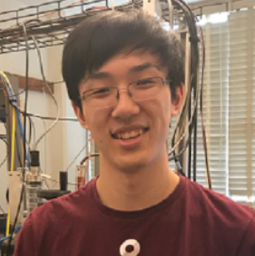
WILLIAM LI is a PhD candidate in the lab of Jared Maxson PhD’15 in the Department of Physics at Cornell University. He studies the generation and control of high brightness electron beams to create “molecular movies” of reactions taking less than a trillionth of a second.
William earned Bachelor’s degrees in physics and computer science from the University of Washington and began his doctoral studies in 2016.
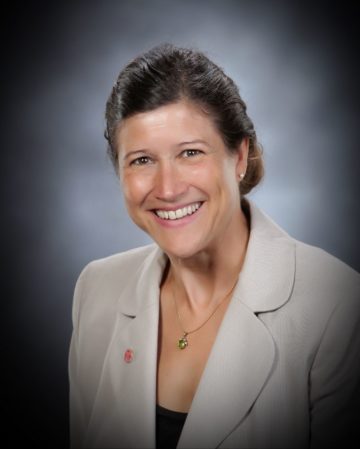
SUSI VARVAYANIS is currently Executive Director for Cornell’s university-wide Careers Beyond Academia initiative that helps PhD students and postdocs across all disciplines to explore, test-drive and prepare for various careers. She collaborates in nation-wide research to document best practices in experiential learning and graduate education to ensure alignment of trainee skills, experiences and aspirations with employer needs without contributing to the lengthening of the PhD degree. Previously, as Business Development Officer at the Institute of Biotechnology, she managed the Presidential Life Sciences Fellowship (PLSF) program, launched the international element of the Pre-Seed Workshop to evaluate high-tech ideas for commercial potential, and managed the Center for Advanced Technology NYSTAR awards to attract matching industry funds. She served as Chief Operating Officer for a Swiss NSF Center for Research Excellence bringing together the fields of chemistry and biology, overseeing knowledge and technology transfer, communication, advancement of women, as well as education and training efforts.
Earlier, Susi studied retroviruses in the NIH lab of Robert Gallo, and worked at Biotech Research Laboratories, a Maryland startup. Her past includes managing a flow cytometry laboratory, and teaching French and English at an international boys’ school in Switzerland. Susi earned her Bachelor’s in biological sciences and French from Mount Holyoke College, a Master’s in Microbiology & Immunology from Georgetown University, and has co-authored over 30 peer-reviewed publications.




